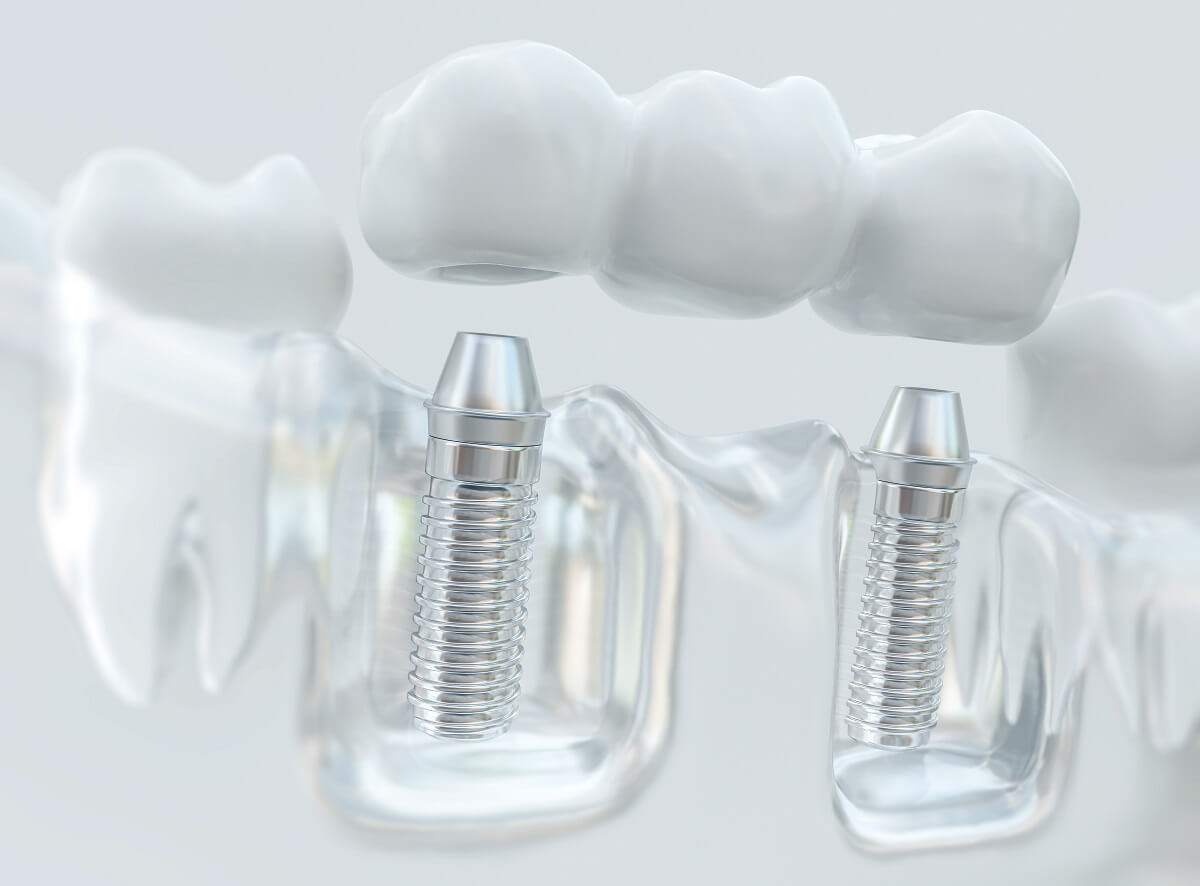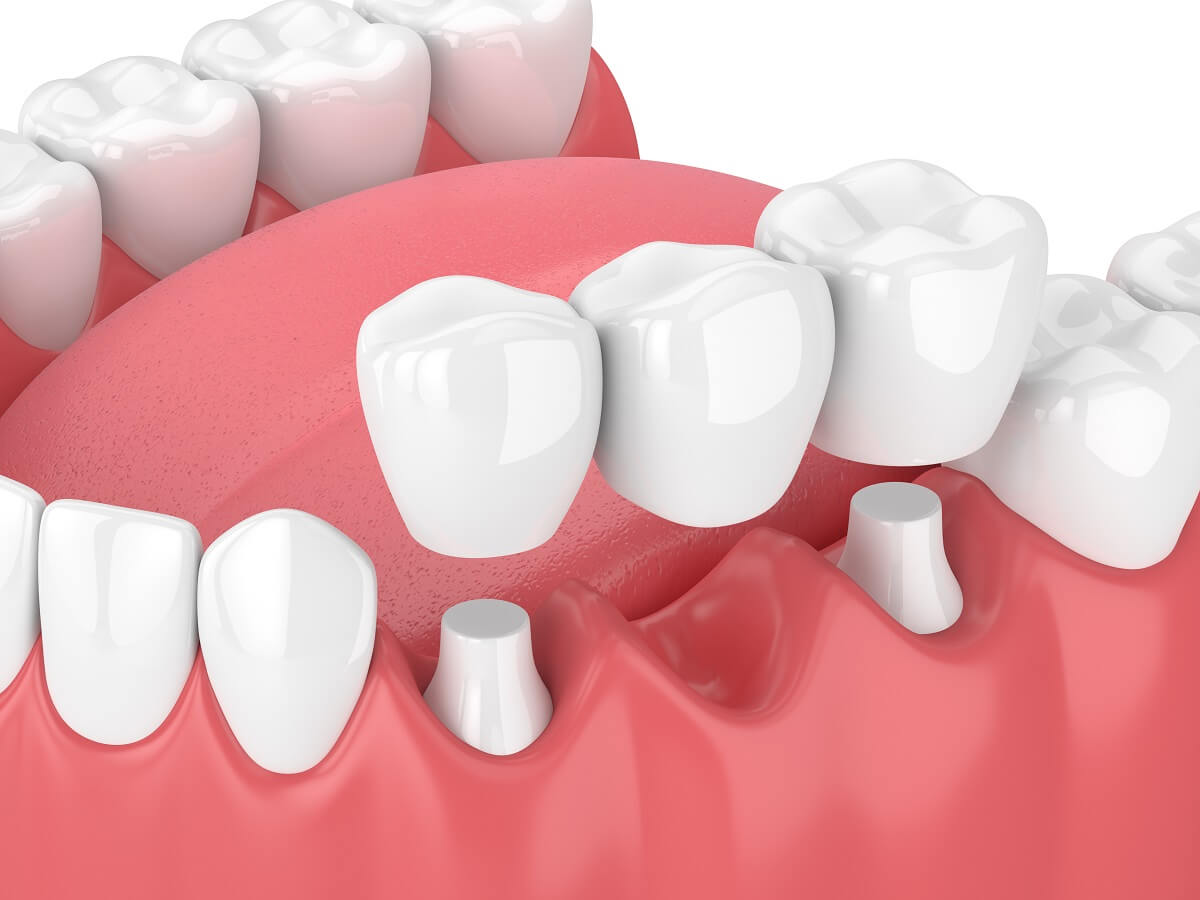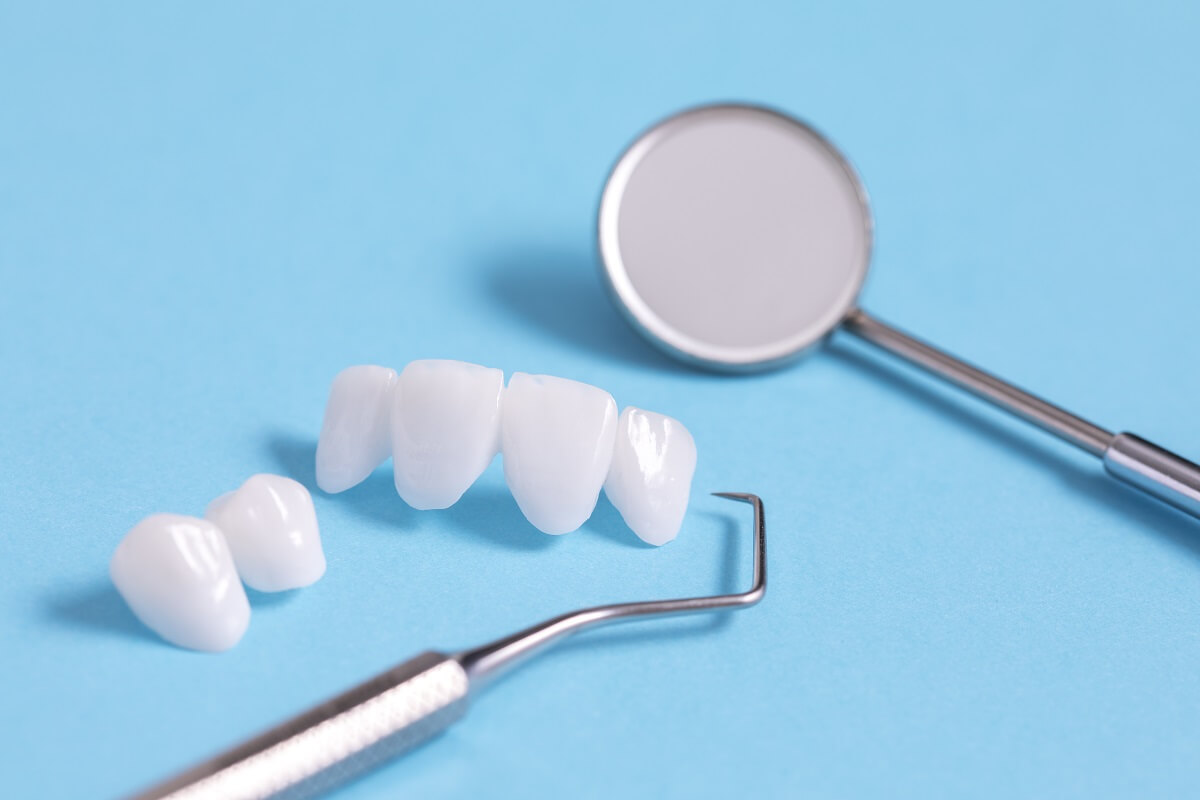Losing teeth has a major impact on both oral health and appearance. It can also lessen your self-confidence. The main reasons why lots of dental clinics offer treatments and solutions to your missing tooth problem. There are two most common solutions that are used to address these teeth loss issues. These dental treatments are dental bridges and dental implants.
Both of these two can resolve your missing teeth problems, but they have different ways of addressing the issue. If you are having an issue with your missing tooth it is important to look for the right solution right away. Before deciding whether to get dental bridges or implants, you must know and understand first the difference between the two. Most importantly, do not forget to ask for a consultation with your dentist. So, you know what option is best ideal to resolve your missing tooth issue.
It’s always important to have an understanding of what each treatment entails before deciding if it’s right for your needs. In this article, we are going to discuss the difference between bridges and implants, including their pros and cons.
What are Dental Implants?
Dental implants are dental fixtures or screws placed in your jawbone to replace the root portion of your missing tooth. Dentists use this as a support to an artificial tooth or dental crown as it acts as a tooth root. It looks like a screw that is typically made of titanium being inserted into the jawbone. After several months, when the implanted metal is declared secured, a crown is placed on top of it. Usually, the osseointegration (implanted screw being secured) takes 3 to 6 months, before it finally sealed.

It is important to address your missing tooth problems, immediately because the underlying structure of your tooth is more complicated. This structure includes your ligaments, nerves and bones, so if left untreated the neighbouring teeth will be affected.
Implants are a good option if you have a missing tooth due to periodontal diseases, injury, or other reasons.
Dental Implant Advantages and Disadvantages
Advantages
- Low-maintenance – dental implants can last a lifetime with less maintenance, particularly when you get those high-quality made implants.
- Looks like natural – dental implants do not only look natural but also feel and function as if it is a natural tooth.
- Durable – dental implants are durable and fixed, making your smile more confident.
- Protect the jawbone – If you have an open space in your mouth due to a missing tooth, your jawbone is subject to deteriorate. However, getting dental implants can prevent this to happen.
- Prevent bone loss in your mouth – Dental implants have the ability to stimulate and preserve the natural growth of your bones, helping you to prevent bone loss.
Disadvantages
- You need to undergo surgery – Your dentist needs to attach the implant to your jawbone so it really requires surgery. So there are always some possible risks to every surgical procedure. Some possible risks are nerve damage, infection, damage to adjacent teeth, jawbone fractures, etc.
- Slow healing – Getting a dental implant is not a quick and easy procedure. Particularly, the healing process as the bone heals slowly. The entire procedure typically takes 3 months or so.
- Cost – The cost of dental implants is a bit pricey but it still varies depending on the type of implant and your condition.

What is Dental Bridges?
A dental bridge acts as a bridge joining an artificial tooth to the remaining teeth surrounding a gap. In this dental procedure, the two teeth on both opposite sides with a gap in between are trimmed down.
Dental Bridge Advantages and Disadvantages
Advantages
- Simple and basic procedure – Unlike dental implants, dental bridges do not need surgery. It is a lot less painful because its procedures are just simple.
- Fast results – Since it does not require surgery, it is much easier and quicker to get bridges. Usually, it only takes a few weeks while implants take several months before seeing the results.
- Budget-friendly – Dental bridges are more affordable than dental implants.
Disadvantages
- Less aesthetically appealing – Dental bridges are not as natural looking as dental implants. It is not as aesthetically appealing, too.
- Maintenance – You need to replace your dental bridges periodically (every 5-7 years).
- Can damage your natural teeth – neighbouring or adjacent teeth may undergo a lot of preparation before placing a bridge. That also requires the removal of some regions of your tooth structure.
Final Thoughts
Both treatments significantly address the missing tooth problem. However, they still have different ways on how to resolve the issue. If you are looking for the right treatment for your missing teeth, it’s important to understand it first. It is also crucial to have an initial consultation with your dentists as well.
If you are residing in Ontario, you can visit Thornhill Dental. We are glad to help you resolve your missing tooth problem, either through implants or bridges. You can contact us today to book an appointment.
Related article: Where to Get Dental Implants in Vaughan




